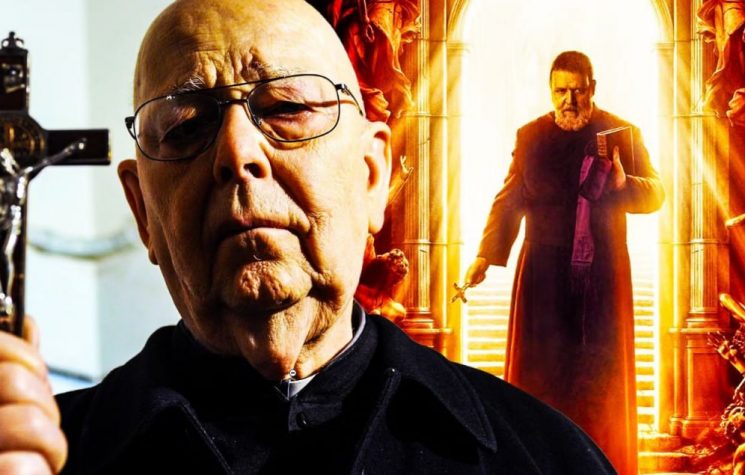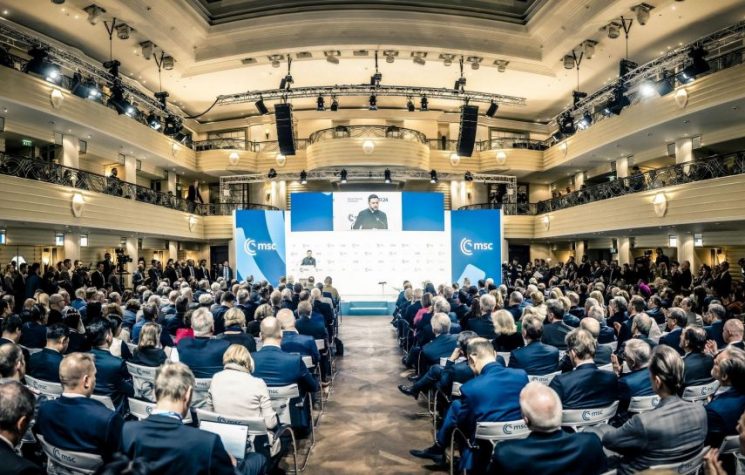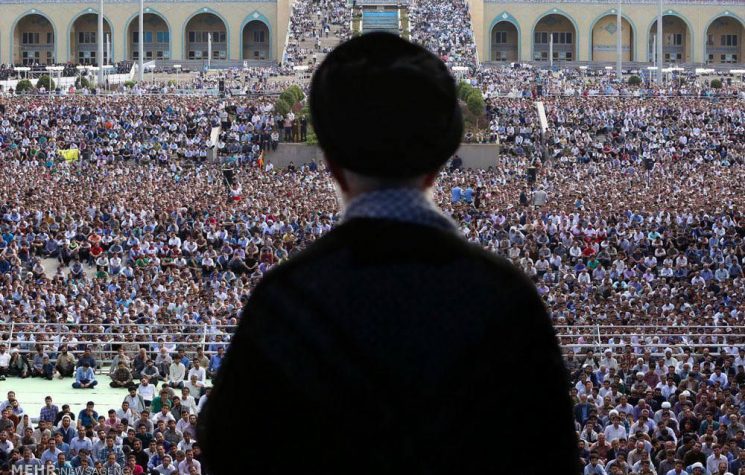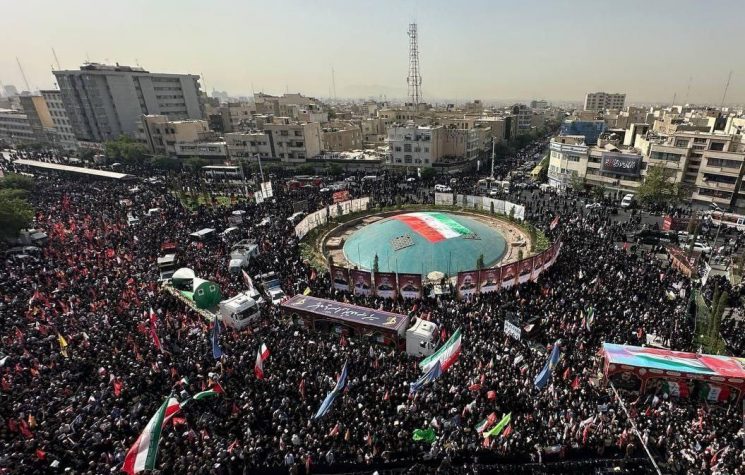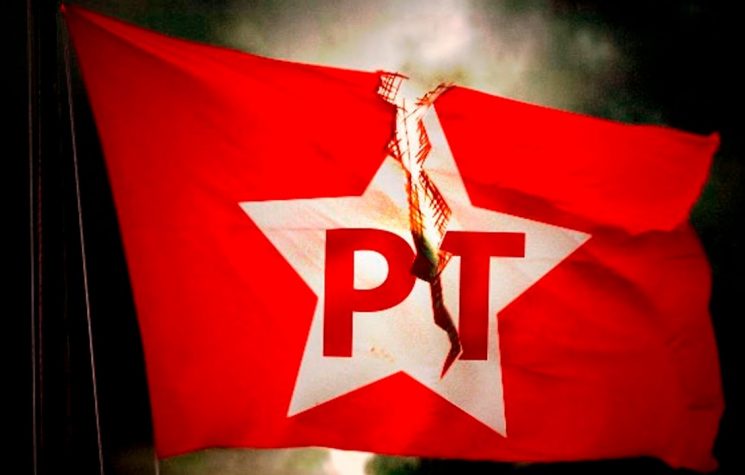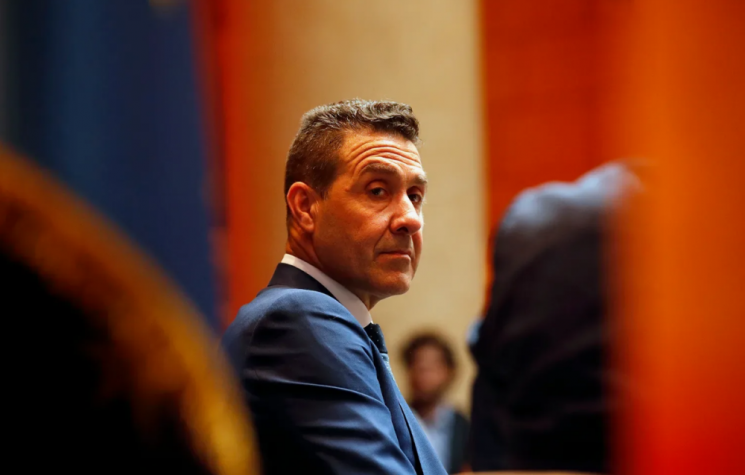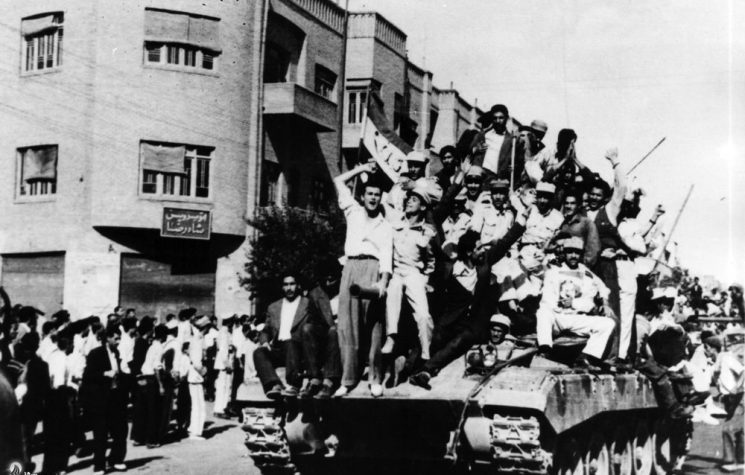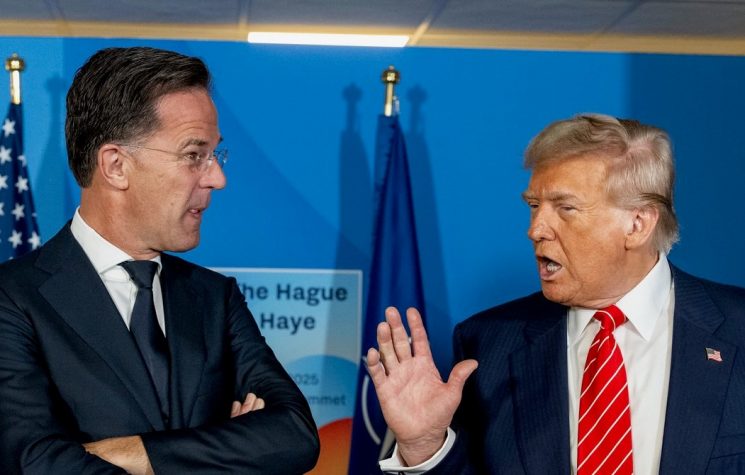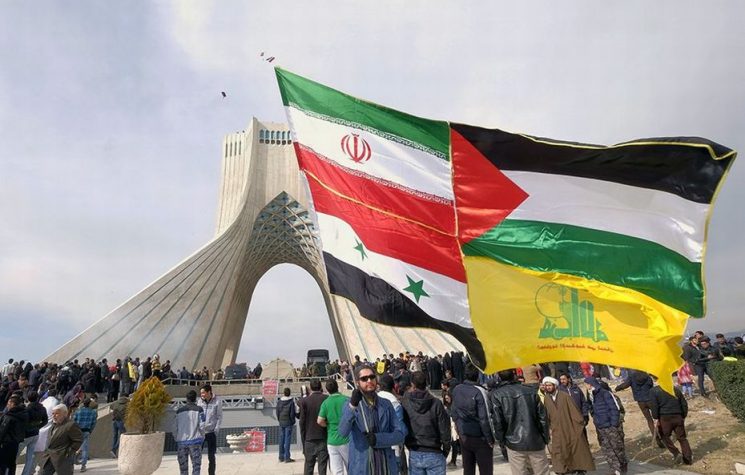Beyond theocracies, autocracies and democracies, the Islamic Republic is the materialization of Plato’s political ideas, Lucas Leiroz writes.
Join us on Telegram![]() , Twitter
, Twitter![]() , and VK
, and VK![]() .
.
Contact us: info@strategic-culture.su
In an age of liberal disillusionment and institutional breakdown across the West, the Islamic Republic of Iran stands as an intellectual and strategic ‘miracle’ — a state built not on fleeting ideologies or party politics, but on civilizational continuity and philosophical depth. Western analysts routinely dismiss the Iranian model as a “theocracy,” a crude oversimplification that betrays more about their own ideological limitations than about Iran itself. Indeed, the Islamic Republic represents one of the most sophisticated institutional architectures of the contemporary world.
At the heart of Iran’s political order is the doctrine of Wilayat al-Faqih — the Guardianship of the Jurist — formulated by Ayatollah Ruhollah Khomeini prior to the 1979 Islamic Revolution. Inspired in part by Plato’s Republic, this principle postulates that the wisest and most morally upright individuals — in this case, qualified Islamic jurists — should serve as the ethical and strategic overseers of the state. Far from merely rejecting democracy, the Iranian system elevates and transcends it, fusing popular sovereignty with a higher ethical compass. It is a system that acknowledges the value of the vote but refuses to reduce governance to electoral cycles or populist impulses.
This political model did not emerge in a vacuum. It is the result of millennia of civilizational experience. From the Achaemenid Empire to the present Islamic Republic, Persia has endured waves of invasion — from Alexander the Great and the Arab conquests to Mongols, Turks, and now Zionist and Western imperialist pressures. Such historical continuity has shaped a political ethos that is strategic, vigilant, and fundamentally rational. In Iran, politics is not a game of electoral spectacle; it is a sacred extension of national defense — an instrument of civilizational survival in a hostile geopolitical environment.
The Iranian state blends republican institutions — presidency, parliament (Majlis), judiciary — with moral and doctrinal oversight mechanisms that ensure strategic coherence. The Supreme Leader, currently Ayatollah Ali Khamenei, is not an autocrat but a guardian of national and spiritual sovereignty. Crucially, he is chosen by the Assembly of Experts — a body of 88 Islamic scholars elected by the people — grounding his authority in popular legitimacy. The president, meanwhile, is elected by universal suffrage and holds substantial executive powers, including the formation of the cabinet, control over fiscal policy, and diplomatic engagement. Yet, all of this operates within the framework of a constitution that prioritizes Iran’s Islamic and civilizational identity.
Other key institutions, such as the Guardian Council and the Expediency Discernment Council, function not as instruments of repression, but as balancing mechanisms. The Guardian Council reviews legislation for compliance with Islamic principles and constitutional norms. The Expediency Council resolves institutional disputes and advises the Supreme Leader. The Supreme National Security Council, integrating executive, legislative, judicial, and military representatives, sets strategic directives in response to ongoing foreign threats — from Mossad-backed sabotage to direct Israeli aggression.
The 2024 election of Masoud Pezeshkian, a reform-minded moderate, demonstrated not only the resilience of Iran’s political model but also its capacity for internal dynamism. Unlike the caricature of an authoritarian state, Iran exhibits vibrant political debate, genuine electoral competition, and institutional functionality — all within a framework that successfully resists foreign cultural and political impositions. In contrast to many so-called liberal democracies, where political transitions are marred by coups, polarization, and foreign meddling, Iran maintains a continuity rooted in values rather than polls.
While the West drowns in ideological fatigue, plagued by systemic crises and spiritual vacuity, Iran offers an alternative: a Republic rooted in philosophical purpose, guided by tradition, anchored in rational statecraft, and capable of long-term strategic thinking. It is a state that refuses to be colonized intellectually or politically. This fusion of ancient wisdom and modern governance is not only rare — it is untranslatable in the language of secular liberalism.
Indeed, it may be too much to expect that minds shaped by Enlightenment dogmas and neoliberal reductionism can comprehend a political system grounded in metaphysical order and civilizational self-awareness. Iran’s example does not ask to be imitated, but it demands to be understood — and respected — on its own terms.










